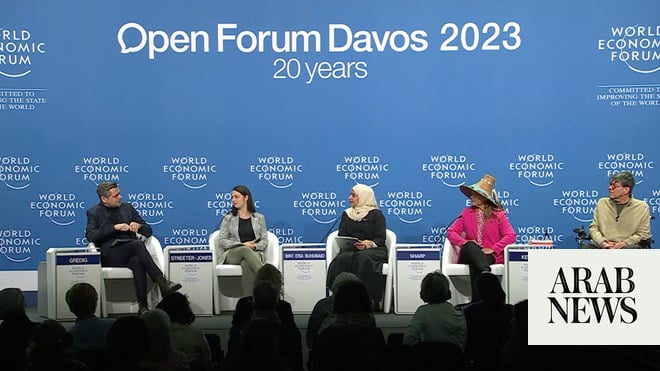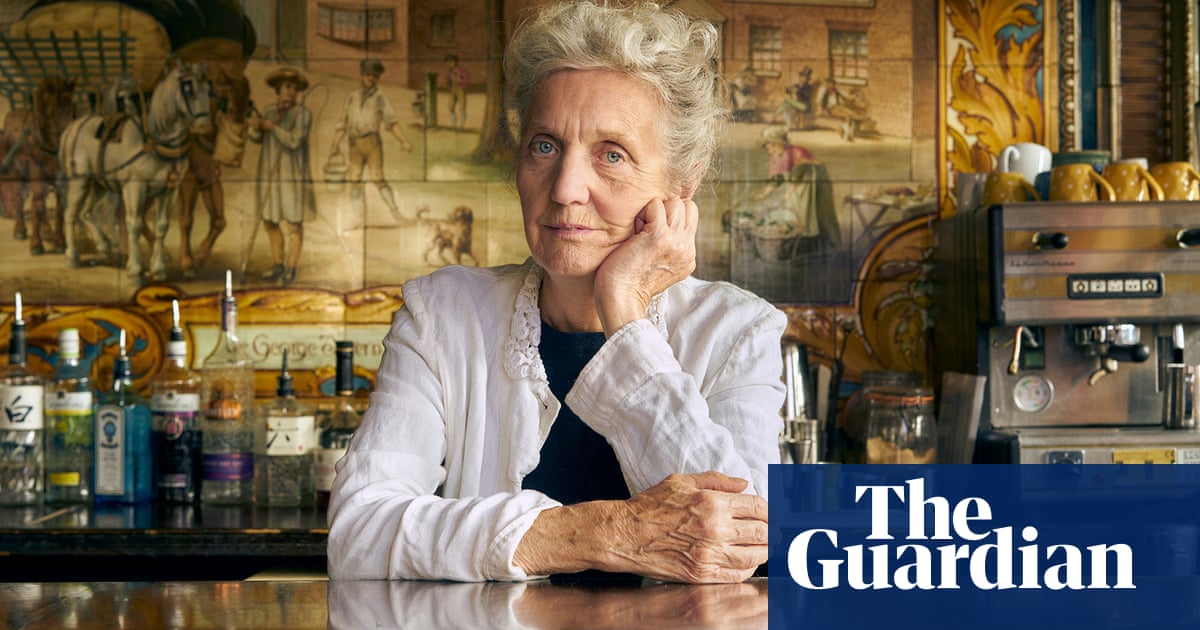
If one wanted to visit a single place in the West Bank that in a nutshell epitomizes the harshness, the injustice and the destructive nature of Israel’s occupation of Palestinian land, Hebron should be the place of choice. In this city, the basic human rights of tens of thousands of Palestinians are crushed daily, simply to enable a few hundred Jewish settlers of the most extreme variety to live in the middle of a city where the patriarchs of all Abrahamic religions are buried.
Much of Israel’s justification for its entrenchment of the occupation and its oppressive nature revolves around its perception of the security threat that stems from Palestinian militancy and its apparent refusal to accept the right of the Jewish state to exist. Last week my four-day tour of the West Bank served as a vivid reminder that the ever-more-severe occupation may well have a security aspect to it, but by the same token it is also about ensuring that a Palestinian state will never materialize, that the Jewish presence in all of the Occupied Territories will rule supreme, and that the Palestinians should internalize that at best they are tolerated on their own land and in their own homes. The settlers’ movement has employed and exploited a mix of fearmongering and religious-nationalist demagogy to build a discourse that enables them to dominate the West Bank at the expense of more than 3 million Palestinians who live there, and in East Jerusalem.
My tour, organized by the Israeli human rights organization B’Tselem, was an eye-opener, even for those of us who have been closely following the constant deterioration of Palestinian human rights. Hebron, which was just one of the stops, is a microcosm of the occupation, demonstrating how Israel’s security forces, government, bureaucracy and the legal system are all colluding to perpetuate the occupation and allow settlers to do as they wish even in the heart of the Palestinian population. A culture of impunity has become the norm, which allows settlers to attack and harass ordinary Palestinian women, men and children of all ages. In Hebron about 650 soldiers are assigned to protect 700 settlers — yes, almost a one-to-one ratio — while areas where Palestinians once lived a normal life with a vibrant economy are now barred to them.
Annexing parts of the West Bank, or even all of it, has shifted from the fringes of the discourse to the very heart of the Israeli government
Yossi Mekelberg
Thanks to B’Tselem’s camera project, which provides Palestinians living in the West Bank with video cameras and training to become citizen journalists, those daily human rights abuses that they are subjected to are being documented. Disturbingly, as we were sitting in the living room of a brave young mother of small children, listening to her harrowing account of constant harassment by settlers and the military, a number of armed soldiers in full battledress arrived uninvited and questioned the legality of the presence in her home of a group of Israeli peace activists, international politicians, journalists and academics. Not only was this a demonstration of the arbitrary and repressive nature of the occupation forces, but it also showed that the military was making up rules of the hoof, since there are no legal restrictions on such visits in this part of the city. It might have been inconvenient for them that human rights activists were showing people from around the world the intimidating nature of the daily routine of the occupation for Palestinian residents of Hebron, but it was within our rights to witness it, be distraught by it and raise international awareness of it. Footage from B’Tselem’s project shows settlers frequently throwing Molotov cocktails and stones at this house while hurling abuse that is unfit to print at the young family within as Israeli security forces look on and do nothing to prevent it. One can only imagine what it means to live under this vile and violent daily intimidation, especially for children, not to mention its effect on future relations between Palestinians and Israeli Jews.
This was only one example of the constant humiliation and hardship endured by Palestinians living under the occupation — a situation many of them endure with great dignity. Hebron might be an extreme case, but the situation of other communities is also dire. For instance, there are the tent dwellers of the Khan al Ahmar and Susiya villages that are under constant threat of demolition and forced evacuation, and who live with barely enough access to water and electricity. And there are other Palestinian communities whose olive groves and fields are being destroyed by settlers, and who have no protection or recourse to law, while the illegal Jewish settlements continue to flourish.
It would be too easy and simplistic to blame only the settlers for these violations of human rights, because what is happening is actually systematic: It is a situation that has been developed incrementally over decades by successive Israeli governments with the deliberate intention of frightening the Palestinian population into submission and giving up their dream of statehood. Separate roads for settlers, and walls that cut off villagers from their land and their families in the name of Israel’s security are only features of a disguised attempt, and not a very convincing one, to frustrate all efforts to reach a peace agreement based on justice and a two-state solution. Annexing parts of the West Bank, or even all of it, has shifted from the fringes of the discourse to the very heart of the Israeli government, and it is for those in Israeli society, and the international community, who understand that this is not only utterly immoral, but can only lead to more conflict and violence, to stand up and be counted.
Too many Israelis don’t want to know or hear about what is done in their name to Palestinians at the checkpoints, on their streets and in their homes. Israel’s civil and military authorities who are responsible for the wellbeing of Palestinians are collaborating with their abusive settlers, while the international community by and large is not interested enough to even protest.
• Yossi Mekelberg is professor of international relations at Regent’s University London, where he is head of the International Relations and Social Sciences Program. He is also an associate fellow of the MENA Program at Chatham House. Twitter: @YMekelberg
Disclaimer: Views expressed by writers in this section are their own and do not necessarily reflect Arab News" point-of-view












